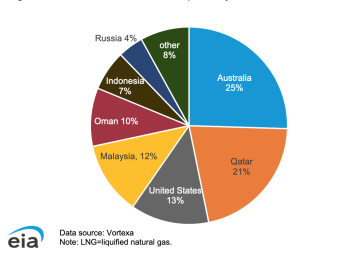South Korea plans to drill as many as 10 exploration wells in late 2024 to confirm whether an estimated 14 billion BOE believed to lie off the country’s southeast coast can be developed commercially.
At a 3 June national governance briefing in Seoul, President Yoon Suk Yeol said that he was directing South Korea’s Ministry of Trade, Industry, and Energy to start exploration drilling in the East Sea by year-end near the industrial port of Pohang on Yeongilman Bay.
Korea will invest $363 million (approximately 500 billion won) in the effort which is expected to yield results by the first half of 2025 and if successful, move on to target commercial production by 2035, the country’s Energy Minister Ahn Duk-geun said during the briefing.
If targets prove commercial, the new reserves could potentially satisfy domestic gas demand for 29 years and supply enough oil to cover 4 years of consumption, Yoon said.
"In February last year, we commissioned a world-class company for deepsea technology evaluation to conduct an in-depth physical study based on the judgement of high possibility of more oil and gas reserves around the East Sea gas field," Korea.net quoted Yoon as saying.
"This would be over 300 times the size of the East Sea gas field discovered in the late 1990s,” he added. All new targets lie within the country’s exclusive economic zone.
Reuters quoted an unnamed government official as saying that the Korea National Oil Company (KNOC) would lead the drilling operation and could drill up to 10 wells.

South Korea imports 98% of its oil and gas, according to the US Energy Information Administration. OECD data ranks the country as the second-largest importer of LNG in the world after Japan and the world’s fifth-largest crude oil importer.
At the briefing, Yoon said South Korea's exploration efforts for oil and gas beginning in 1996 have tapped gas reserves equivalent to about 4.5 million bbl but that commercial development of the East Sea’s Donghae-1 and Donghae-2 gas fields ended in 2021 because of depletion. In 2023, Korea imported 1.06 billion bbl of crude oil and 44.15 million tons of natural gas, according to KNOC data quoted during the presidential briefing.


